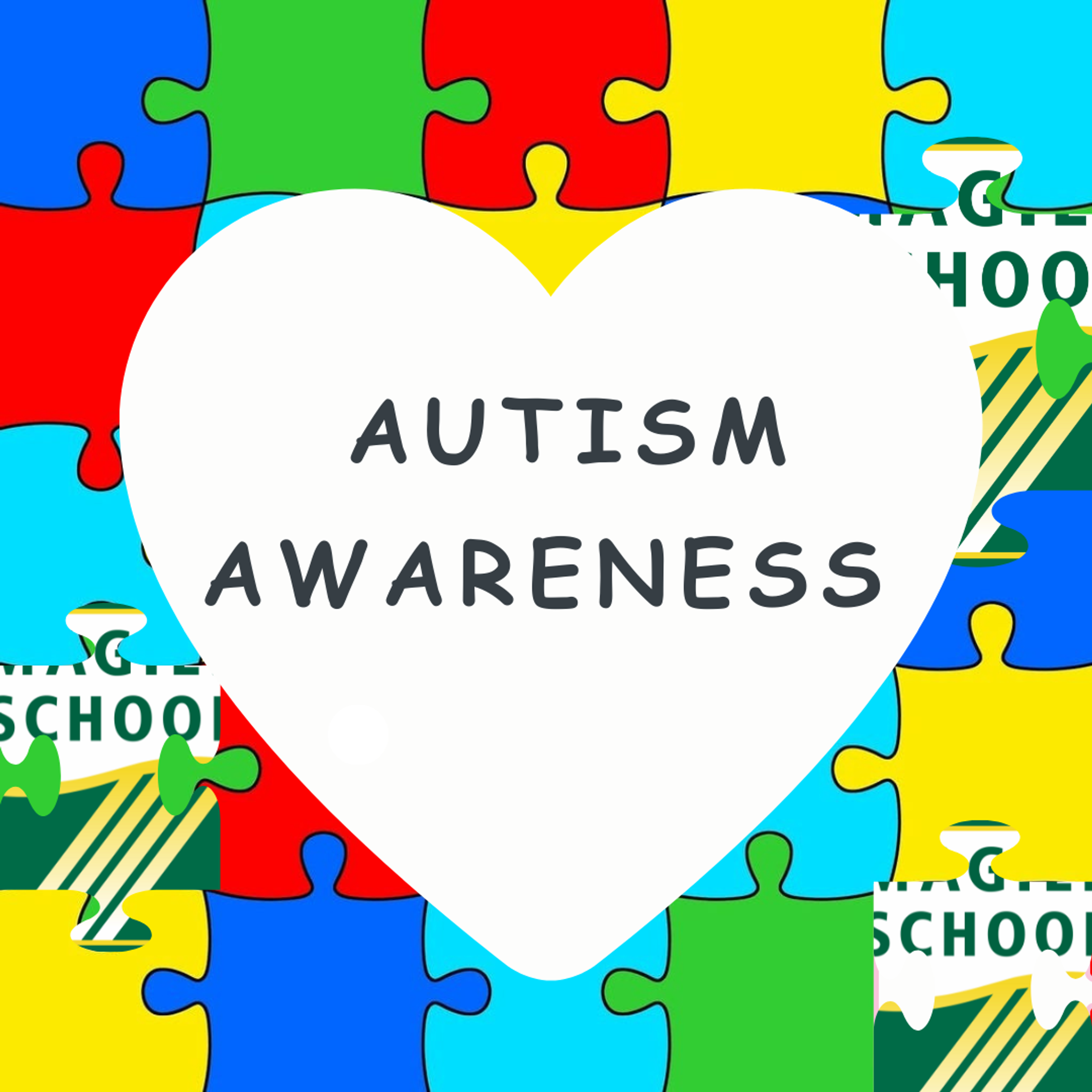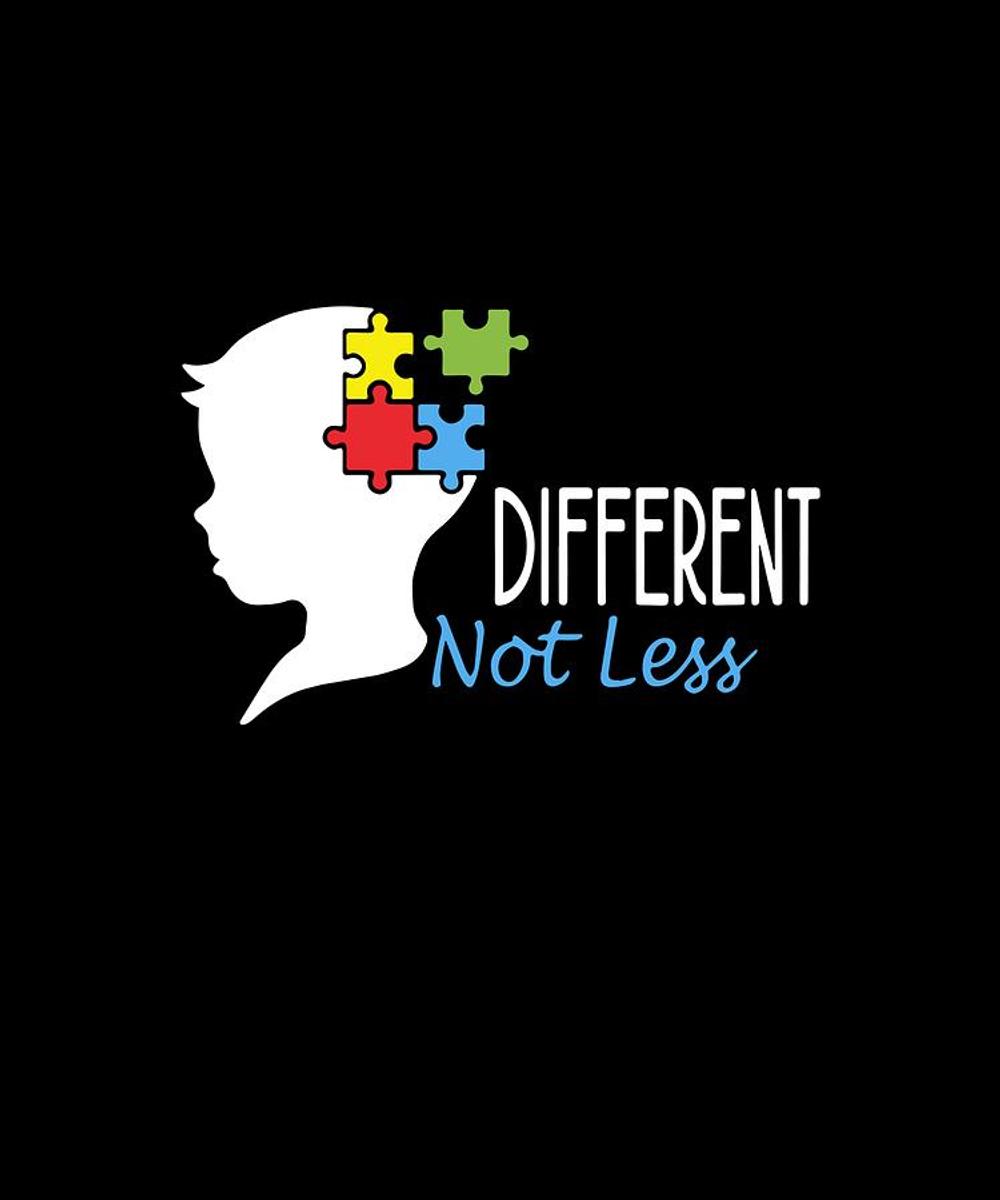Autism at Magill School

Neurodiversity and Autism
Neurodiversity is the concept that neurological differences, such as autism, ADHD, dyslexia, and other learning difficulties, are a natural part of human variation. Instead of viewing these differences as deficits or disorders that need to be fixed, neurodiversity promotes the idea that diverse brain types have unique strengths and contribute positively to our society.
Key points about neurodiversity include:
- Valuing Differences: Neurodiversity emphasises that neurological variations should be recognised and valued as part of human diversity, similar to cultural or ethnic diversity.
- Focus on Strengths: Each neurodiverse individual may have specific strengths, talents, and perspectives that enrich our communities.
- Inclusion and Acceptance: Advocating for neurodiversity involves creating inclusive environments that support people of all neurological profiles, ensuring they have access to all opportunities and resources.
- Social Model of Disability: Neurodiversity aligns with the social model of disability, which suggests that barriers in society—rather than individual impairments—create challenges for those with different neurological profiles.
- Empowerment: Promoting neurodiversity encourages individuals to embrace their differences, fostering self-acceptance and resilience.
Embracing Neurodiversity
In our ever-evolving educational landscape, understanding and embracing neurodiversity has become essential, especially in primary schools. Autism is one of the most common neurodevelopmental conditions, and recognising its unique traits can foster a more inclusive environment for all students.
The Importance of Inclusivity
Creating an inclusive classroom and school not only benefits students with autism but enriches the educational experience for everyone. When children learn alongside their neurodiverse peers, they develop empathy, patience, and understanding. These qualities are invaluable in our diverse society. Encouraging friendships between neurodiverse and neurotypical students is vital for all students within our school environment to feel a sense of belonging. As we strive for an educational system that respects and celebrates neurodiversity, it’s important to remember that every child has the right to learn and grow in an environment that supports their unique needs. By fostering an inclusive culture, we can ensure that all students thrive, paving the way for a more compassionate and understanding future. Let’s work together to embrace neurodiversity and celebrate the rich tapestry of talents that each child brings to our schools!
With Kindness,
Lisa Williams
KidsHelpline: 1800 551 800
Beyond Blue: 1300 224 636
Lifeline: 13 11 14





